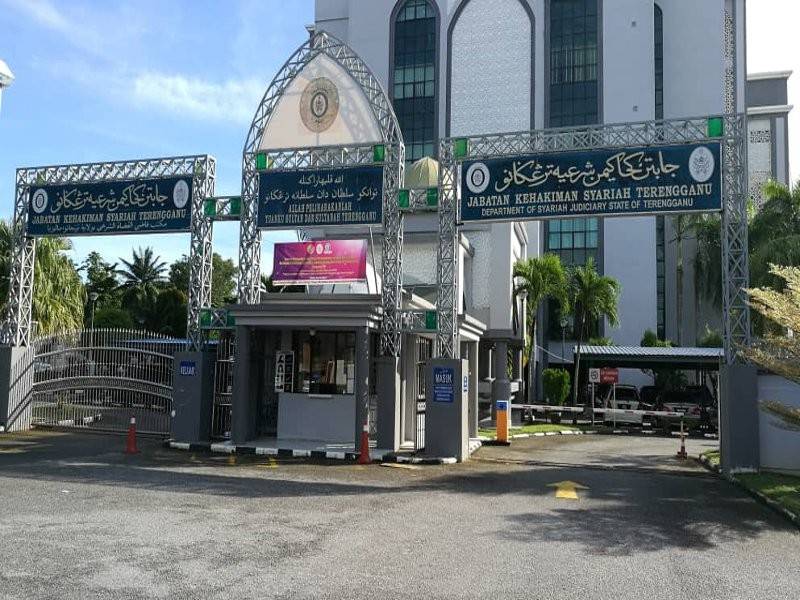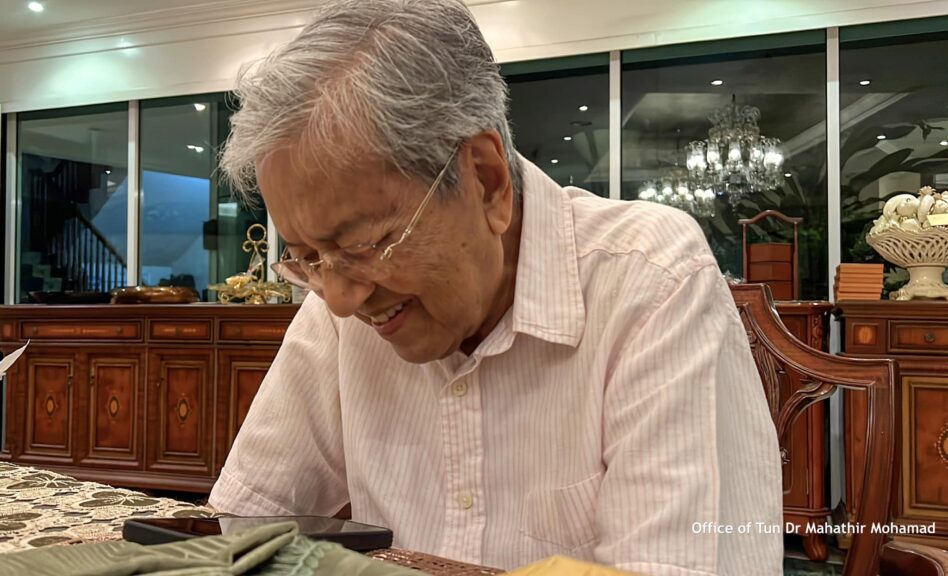By Bradley M. Kremer
THE year 2020 will be viewed by future historians as a pivotal moment instigating societal change.
A global pandemic, interruptions to international trade, and associated economic downturns have forced people around the world to rethink how and why things are done at work, at home, and at school.
A rapid shift to virtual learning has disrupted in-person connections, cancelled graduations and sporting events, and excluded students with poor internet connectivity from social interactions at school.
These factors have exacerbated existing mental health challenges for students around the world, resulting in an increase in anxiety, depression, and suicidal thoughts as reported by the US’ National Institutes of Health and Center for Disease Control.
There’s an old adage that says “necessity is the mother of invention”. Throughout history, people have responded to and adapted to hardships in ways that ultimately improve their world.
Today’s challenges present just such an opportunity for education. Educational leaders and policymakers around the world have responded to the crisis by cancelling high-stakes tests such as IB exams and A- and O-level exams.
Additionally, many universities have temporarily (and in some cases, permanently) waived SAT and ACT examination requirements for admissions considerations.
While these changes have brought welcome relief, the harsh realities of 2020 also present a unique opportunity to more fundamentally modify how we address student well-being in schools and across education systems in general.
Finland’s New Nordic School does just that by integrating well-being practices throughout its Nordic Baccalaureate curriculum.
One of the curriculum’s seven core competencies, managing daily life, teaches students time and task management strategies to take care of their mental health.
Students learn to develop goal-oriented plans, monitor their progress, and adapt those plans as circumstances change so that they’re not stressed by a constant deluge of last-minute ‘to-dos’.
Study and life balance
They also learn the importance of a healthy diet, adequate rest, and an active lifestyle to maintain both physical health and the energy needed for learning.
Another core competency of the Nordic Baccalaureate curriculum is cultural competence, with India provides the perfect context for students to master it.
Eric Falt, the UNESCO Director and Representative for India, correctly observed that when schools emphasise students’ well-being, they have “an opportunity to honour the centuries-old practices that are woven into India’s culture.”
When meditation, yoga, and other mindful exercises are a part of the school day, students develop a calming focus and resilience to deal with the disconnection, confusion, and anxiety that has become more common during these disruptive times.
The Australian Catholic University and Erebus International define student well-being as “a sustainable state of positive mood and attitude, resilience, and satisfaction with self, relationships and experiences at school.”
To sustain positive attitudes about what they’re learning in school, Nordic Baccalaureate students have a significant voice in planning their studies, and they enjoy a considerable choice of subject matter topics, as well as how they demonstrate their learning.
New Nordic School teachers incorporate physical activities, art, music, and mindful practice into the school day, even during virtual learning.
As is normal in Finland’s schools, students are urged to spend 15 minutes in active outdoor pursuits for every 45 minutes of virtual instruction.
To promote students’ satisfaction with themselves and their relationships and experiences at school, Nordic Baccalaureate students are tasked with activities that take them away from their computer screens and get them outside, observing the good things people are doing to improve their communities.

Students are empowered to creatively tackle challenges in their community so that they experience what it’s like to have a positive impact on their world.
This approach gives students a sense of purpose and helps them see the connections between the wider world and what they’re learning in school.
It is also clearly aligned with India’s National Education Policy 2020 which establishes education as “an essential pathway for students’ socio-economic mobility, and the country’s success on the world stage.”
Global disruptions stemming from the COVID-19 pandemic have been undoubtedly painful and challenging. They will continue to shape work, travel, commerce, and education for a generation or more.
Schools can bolster students’ well-being and resilience by incorporating many of the practices that are already a part of what New Nordic School is doing – balancing work, rest, and play; embracing mindfulness; granting students autonomy and choice in what and how they learn, and engaging directly with local communities to provide students purposeful and meaningful learning experiences.
Bradley M. Kremer is director of education at Finland-based New Nordic School, He can be reached at [email protected].
The views expressed here are those of the author/contributor and do not necessarily represent the views of Focus Malaysia.










